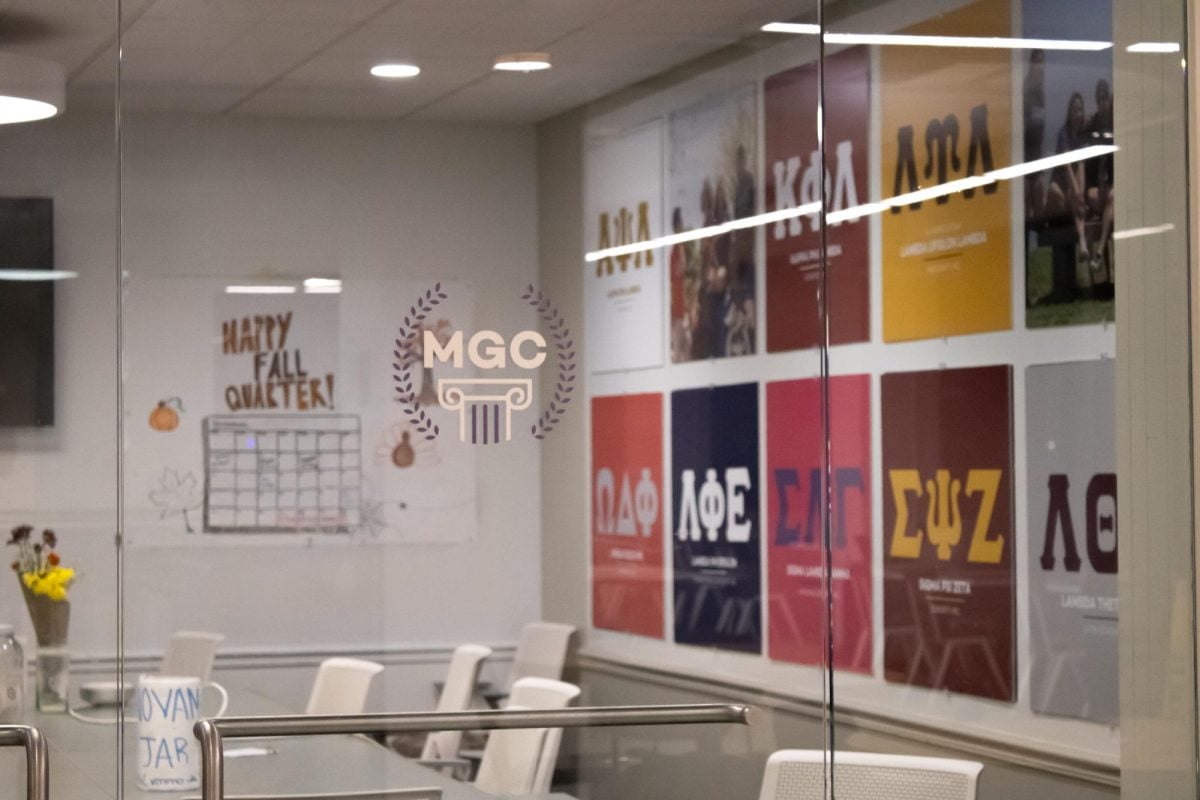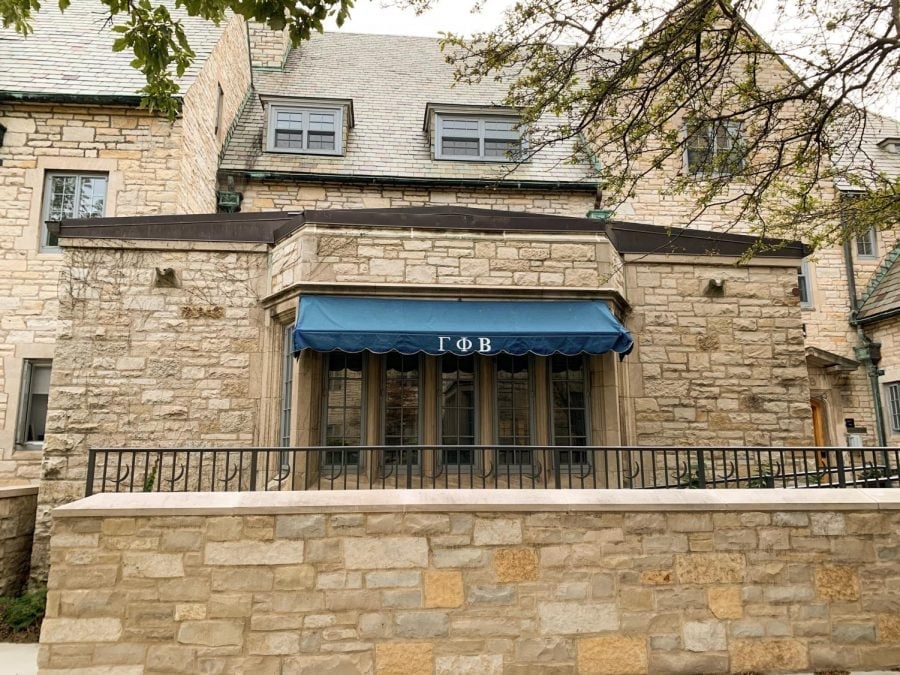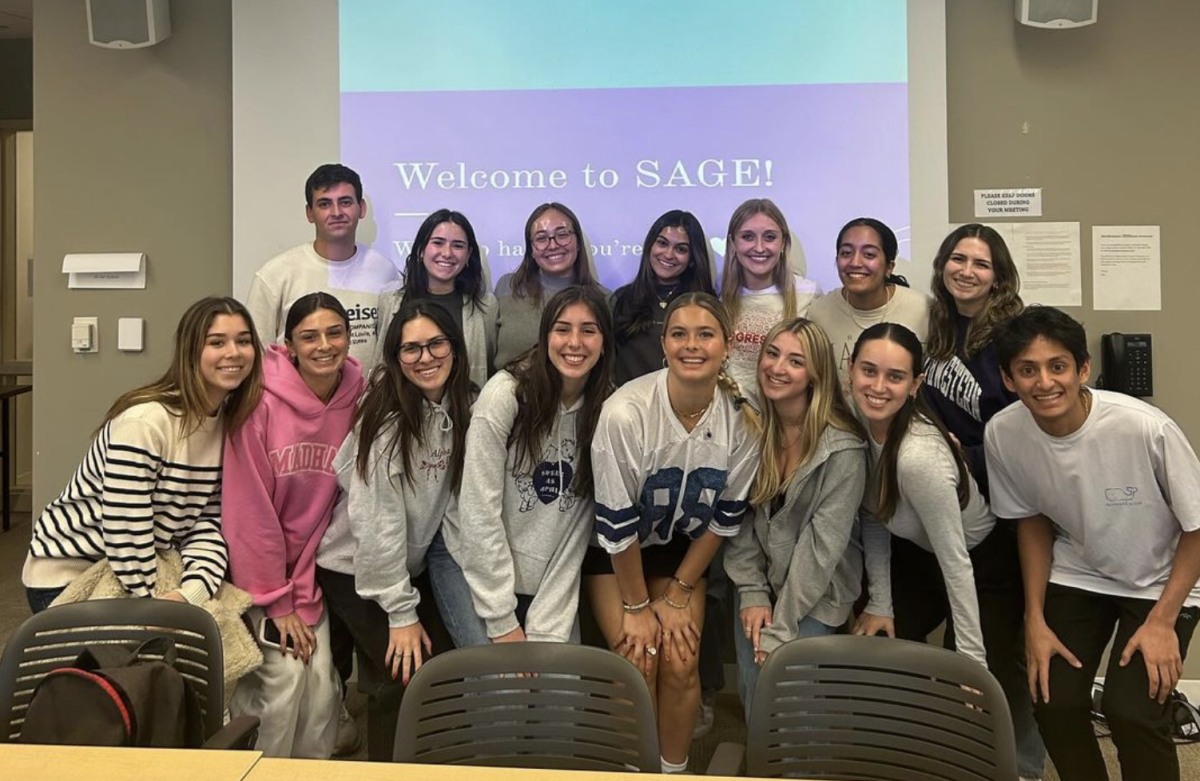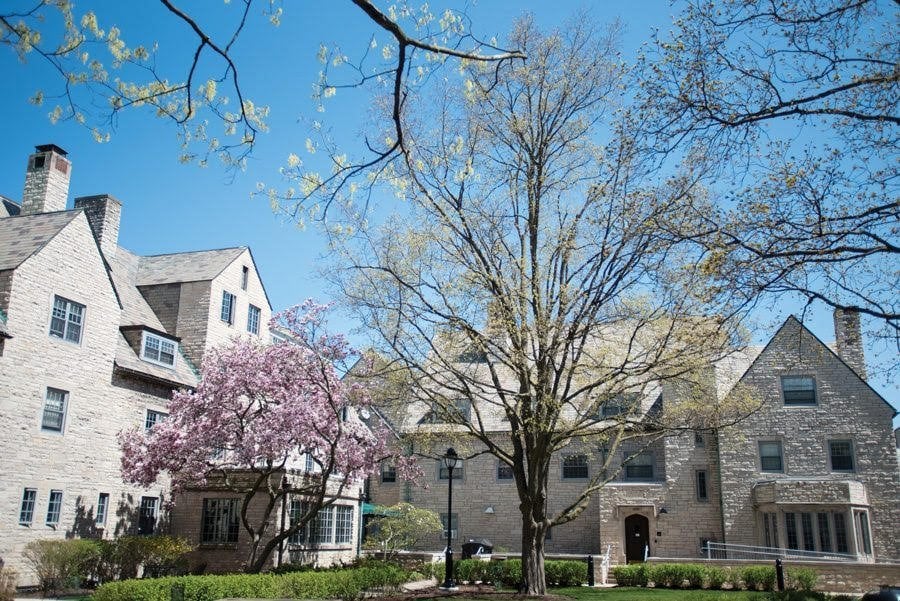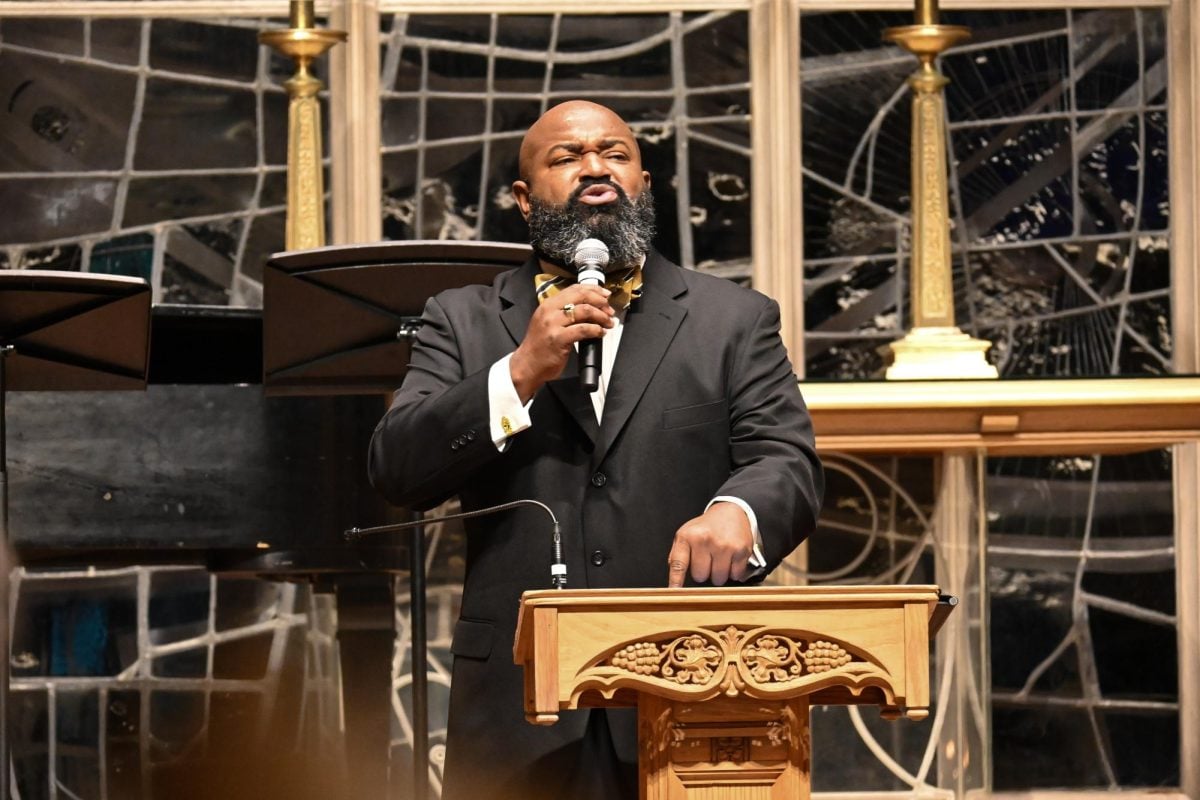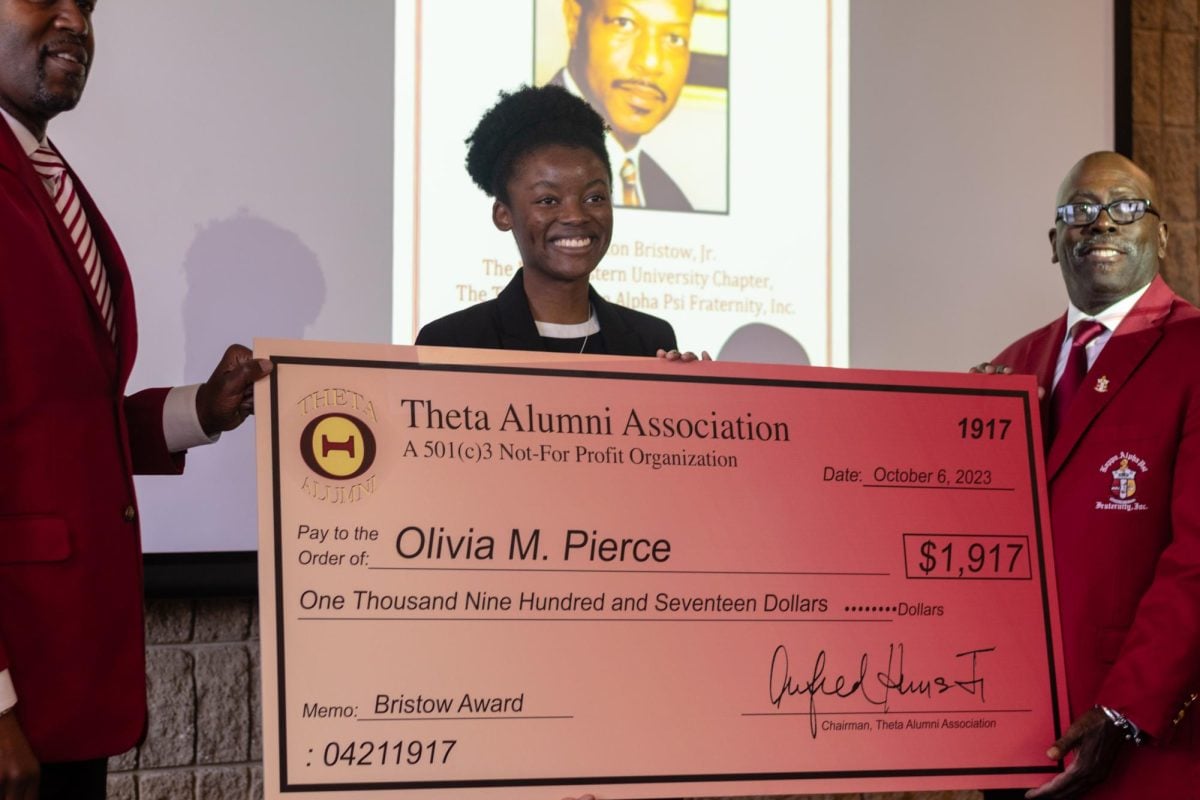Northwestern’s Associated Student Government granted supplementary funding to various student groups during a session of Senate on Wednesday in a process that sparked debates over financial support for major organizations such as Mayfest and A&O Productions.
According to Medill junior Brad Stewart, executive vice president of ASG, the Student Appropriations Finance Committee published student group funding suggestions earlier in the spring, which served as the original recommended distribution of funds for each group. Organizations seeking additional support after the recommendation can appeal directly to Senate in the hope of drawing from the remaining money in the amendment pool. This year, ASG had an extra $54,000 on hand.
The meeting dealt solely with A-status groups, which are the largest groups on campus and have access to 95 percent of the ASG funding pool. As a result, a number of campus groups requested sizeable increases in funding, many of which were opposed by representatives from SAFC.
Mayfest, which organizes Dillo Day and various other campus events, asked for $1,250 to fund Lakefill activities, including cotton candy and temporary tattoos. Communication senior Janna Kaplan, co-chair of Mayfest, said this year’s Dillo Day events could be noticeably restricted without ASG funding.
“We would have to scale back significantly. Other groups who we could potentially work with don’t have a surplus of money, and we want them to use it for their own programming,” Kaplan said. “There is not a huge surplus sitting around waiting to be picked up.”
However, Senate rejected Kaplan’s proposal after stiff opposition from SAFC. In a trend that continued throughout the night, committee representatives argued against funding increases that exceeded the growth of the overall student activities budget, which they said grew at an annual rate of about 4 percent. A group’s request of more than 4 percent of the total it was allotted in overall funding last year would exceed that growth.
“We cannot allow funding for groups like Mayfest that exceed the growth of the pool,” said Weinberg junior Girish Pendse, a member of SAFC.
Other groups also introduced requests that SAFC representatives said ran afoul of established funding guidelines, prompting prolonged debate over funding for prominent student groups.
In one proposal to the Senate, A&O Productions proposed changing their winter speaker event into a speaker series. Weinberg junior Logan Koepke, incoming chair of A&O, said the move would allow his organization to save time by booking multiple speakers simultaneously, rather than requesting separate funding allocations for each individual speaker contract.
But SAFC spoke out against the request, saying it would deprive student government of the ability to monitor the roughly $77,000 allocated for A&O speakers.
“The ability to put on two successful $30,000 speakers does not necessarily translate into putting on a $60,000 dollar speaker,” Pendse said. “By funding this event as a series, you allow the nature and caliber of the event to vary throughout the years without any supervision from the board.”
Although their initial proposal was rejected, A&O eventually circumvented the issue by dividing their speaker funds into two separate budget lines, both of which Senate later approved.
The issue of SAFC guidelines took on a more light-hearted tone when representatives from Northwestern Community Development Corps requested $1,500 to buy candy for Project Pumpkin. Weinberg senior Rachel Rosen, outgoing co-chair of NCDC, jokingly denounced SAFC as a corrupt organization bent on depriving children of candy.
“NCDC has always struggled with SAFC and its hatred of candy and happiness,” Rosen said. “50 Cent, as he is better known, said it best when he said, ‘I’ll take you to the candy shop, I’ll let you lick the lollipop, go ahead SAFC and keep funding Project Pumpkin candy. Don’t stop till you hit the spot.'”
The funding for candy was approved by Senate.
Overall, Senate disbursed an additional $7,835 to student groups. According to Stewart, the remainder of the pool will rollover into fall quarter, when organizations will be allowed to petition once again for increased funding.
